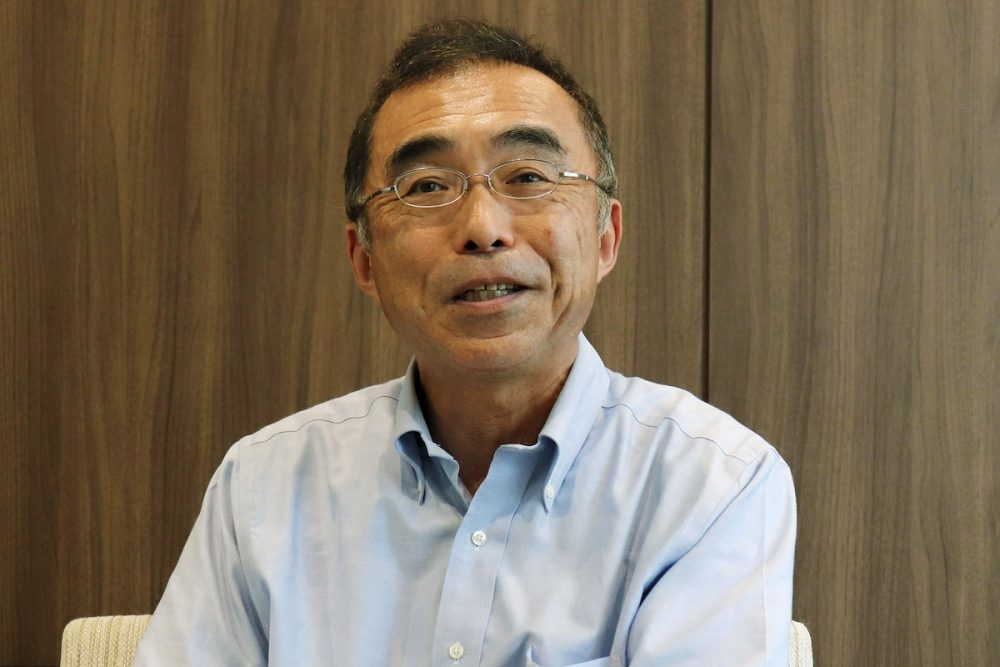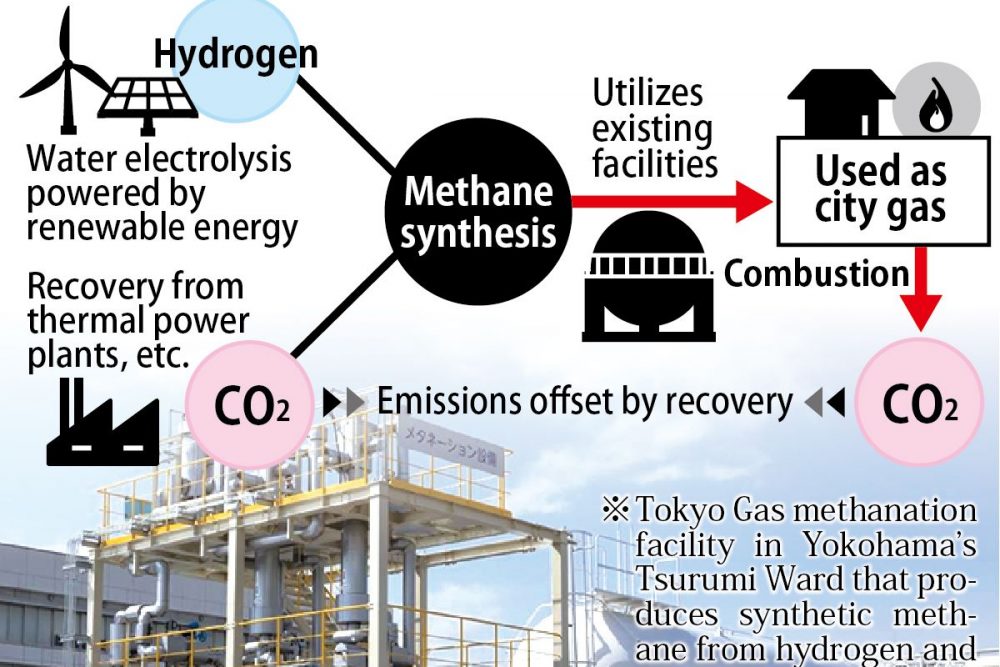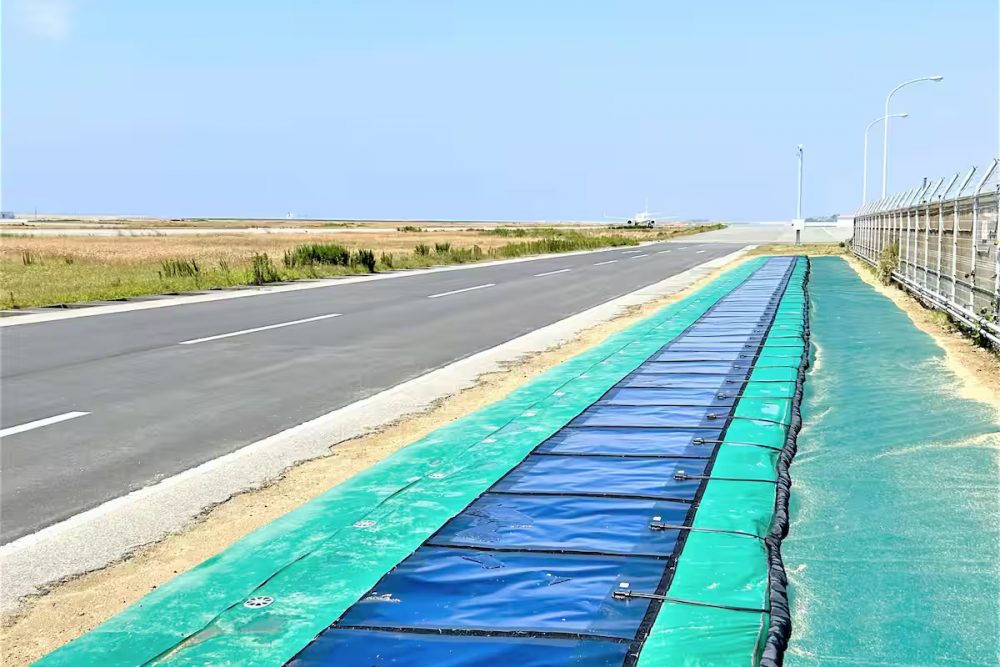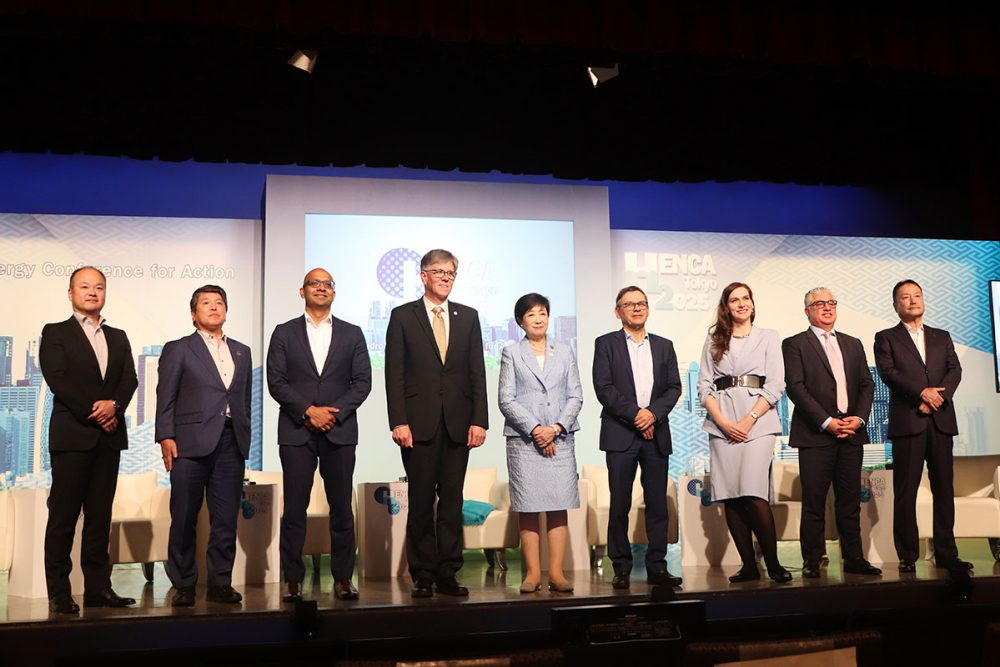Recycling Technology Not Ready for the Looming Solar Panel Disposal Crisis
Japan is bracing for the massive disposal of solar panels, but current recycling technology is not yet capable of managing the expected volume.
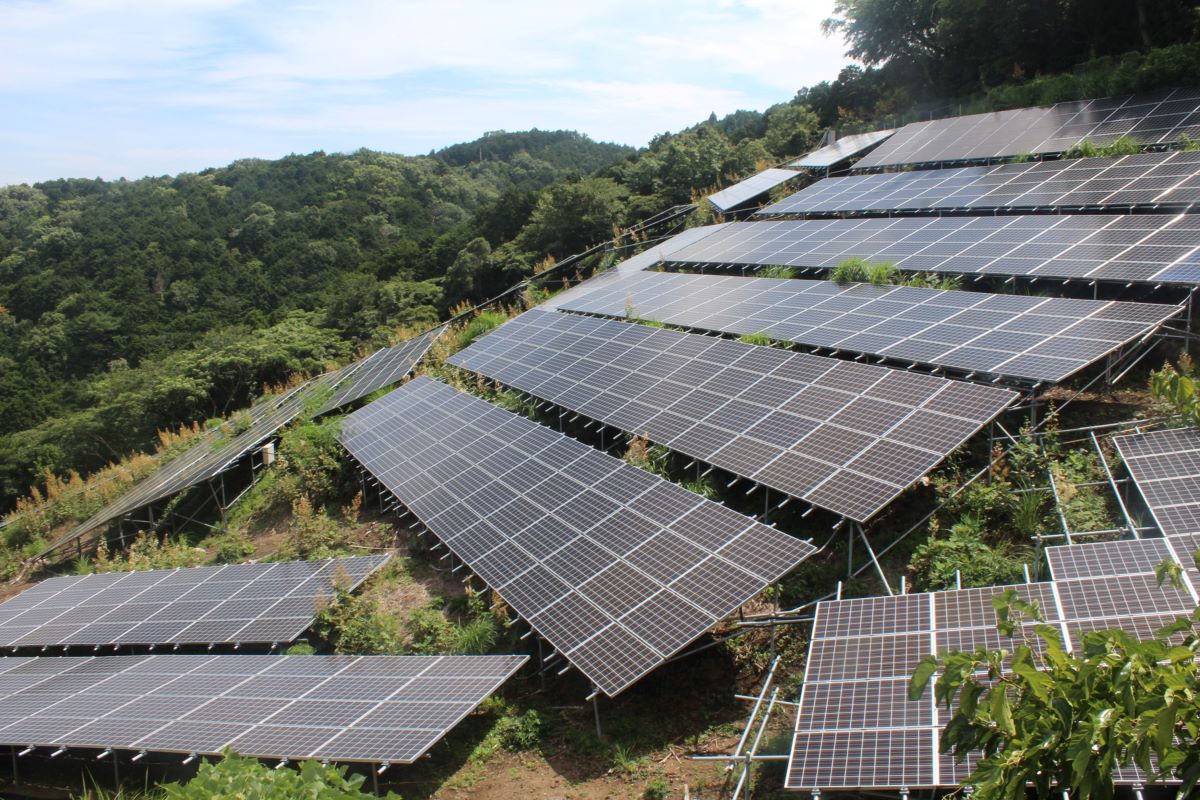
このページを 日本語 で読む
Japan is facing a massive solar panel disposal problem expected for the mid-2030s without the necessary recycling technology to handle it. The government is working to get countermeasures in place ahead of a crisis. Cheap imported panels from China may contain toxic substances such as arsenic, necessitating safe disposal. However, proper disposal may not be carried out if costs are high, leading to increased abandonment and illegal dumping.
End-of-Life for Solar Panels
The widespread installation of solar panels across the country began in 2012. This year marked the introduction of the government's Feed-In Tariff (FIT) system. It aimed to promote renewable energy by mandating electric companies to purchase all generated electricity, leading to a surge in businesses.
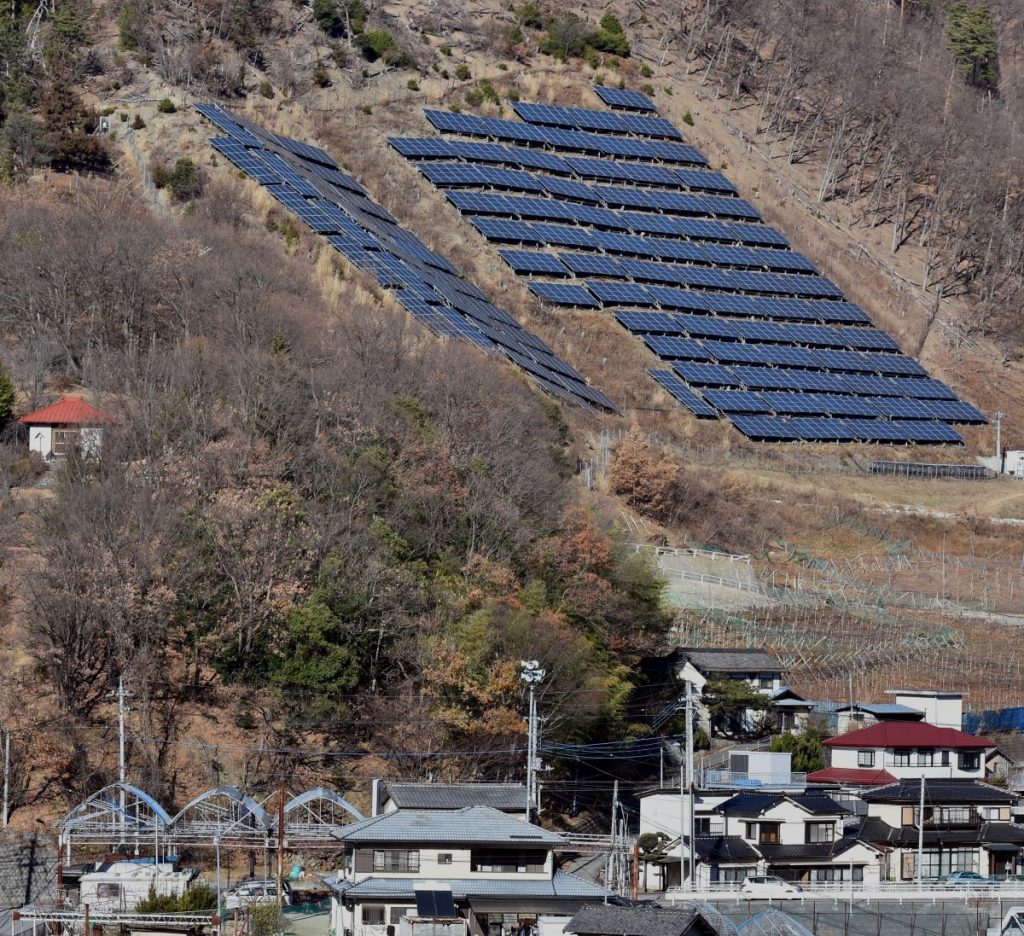
However, the purchase period for facilities over 10 kilowatts is 20 years. By 2032, the purchase period for early market entrants will end. This is expected to lead to a significant drop in the sale price of electricity. The situation is compounded by the lifespan of solar panels – generally 20 to 30 years. As such, a period of large-scale disposal is anticipated in about 10 years.
According to NEDO estimates, the peak of panel disposal will likely occur around 2035-2037. Annual disposal volume is predicted to reach between 170,000 and 280,000 tons.
Insufficient Funds
While companies bear the burden of disposing of solar panels, many are unprepared. The revised Renewable Energy Act went into effect in April 2022, mandating companies to set aside funds for disposal of solar power equipment. Systems over 10 kilowatts and in operation for over 10 years are subject to the law. The system involves direct withdrawal from electricity sales of funds to be allocated for disposal.
But problems could arise if disposal costs exceed the saved funds. Panels typically contain toxic substances like lead and selenium. Inexpensively purchased made-in-China panels may contain highly toxic arsenic, added to increase transparency. For these, the cost of safe disposal could escalate. If abandoned, panels and their mounting structures could contribute to disasters such as fires or landslides.
Supporting Recycling
Recycling poses high technical hurdles. According to Kenji Oda, Director of the Institute of Glass Technology, the glass used in panels contains difficult-to-remove chemicals. Thus current recycling options are limited to uses such as glass wool for insulation, for which removal is unnecessary.
The Ministry of the Environment has proposed a bill to the current Diet session. If passed, the bill would certify recycling businesses that use advanced technologies and provide support for business expansion to improve the technological capabilities of waste disposal companies. Environment Minister Shintaro Ito stated at a press conference in April, "Safe disposal of panels is essential. We want to establish the technology ahead of large-scale disposal."
このページを 日本語 で読む






